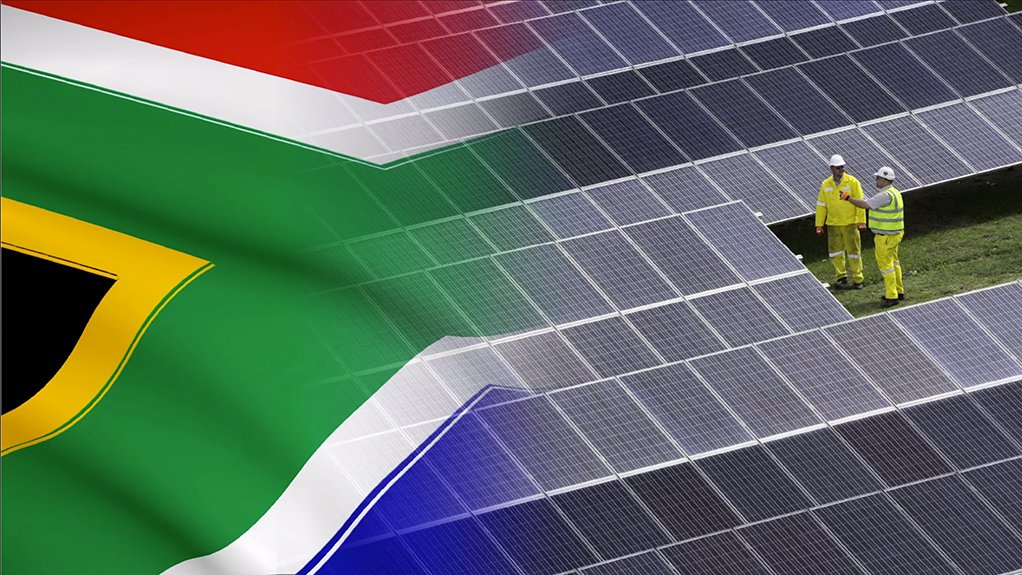With economic growth fundamental to a brighter future for South Africa, Business Leadership South Africa (BLSA) CEO Busi Mavuso suggests it is the “only way to turn the trajectory of government’s fiscal position as it will boost earnings” and, therefore, tax collection and start to get debt under control.
She adds that it is also an important component of solving the unemployment crisis, which has been exacerbated by 1.4-million fewer people in employment, compared with before the Covid-19 pandemic.
While there is broad recognition of the importance of growth, Mavuso highlights that business, labour and civil society last year agreed on an Economic Reconstruction and Recovery Plan with government, which was subsequently ratified by Cabinet.
The plan sets out a wide agenda for structural reforms to get the economy going and was the result of significant efforts by all social partners to build a consensus on what needs to be done.
At the heart of it is a series of structural reforms and policy changes that are needed to enable investment and other economic activity, with one such key area being that of energy security, especially as South Africa reels from more load-shedding, making the urgency “ever more apparent”.
Some of the interventions in the plan include “enabling generation for own use” and “facilitating electricity trading”, objectives which fed into the debate over the proposed increase of the licensing threshold for distributed generation from 1 MW, Mavuso says.
She notes that businesses have recommended that the threshold should increase to 50 MW if these businesses are to maximise the contribution of distributed generation, which could rapidly help to stabilise overall energy supply and set the groundwork for electricity trading in future.
“Yet the draft amendment produced by the Department of Mineral Resources and Energy increases the threshold to only 10 MW,” she laments.
However, she refers to President Cyril Ramaphosa’s statement in Parliament last week in that he is “actively involved” in resolving the impasse over the cap and noting that there is a “clear indication” that there will be takers to “go beyond” the 10 MW level.
Mavuso notes that the President’s intervention should be decisive in this relatively easy and cheap way for government to rapidly open up investment in energy generation.
“There are several firms that could immediately launch multibillion-rand projects to build generating plants for their own use if the cap is set appropriately. There are all kinds of positive spin-offs beyond investment in electricity plants, including far wider investment that becomes possible if companies have energy security to start off with,” she comments.
Another key required structural reform is increased access to telecommunications spectrum, considering that cheap and efficient broadband is crucial as the economy adapts to the Fourth Industrial Revolution.
Mavuso says this has been a frustrating problem, with many years of delays to auctions of spectrum capacity, lamenting that “this has again been delayed amid litigation of the auction process set up by the Independent Communications Authority of South Africa”.
But here too the President signalled he was working to resolve the challenges, as Mavuso says, Ramaphosa “is driving for a mediated solution that will enable the Independent Communications Authority of South Africa to go ahead with the auction and avoid further years of delays”.
She is hopeful that he will succeed in re-establishing the process in a way that fully complies with legal requirements.
The upcoming gross domestic product (GDP) figures are going to show support from the strong global commodities boom that has supported South Africa’s mining sector with high prices for commodities, Mavuso further adds, though she warns that South Africans “must be cautious in not allowing this welcome windfall to make us relax about the urgency of reforms needed”.
“It is interesting that the commodities windfall is not driving the kind of investment you might have expected in expanding mining capacity – reflecting miners’ fears about energy security and wider mining policy issues.
“The impact of high commodity prices is, therefore, not as significant for longer-term growth as it might have been had we got the structural reforms right in advance,” she comments.
Considering that there are many other reforms detailed in the plan to trigger the wider and sustainable growth needed, Mavuso urges South Africans to remain focused on delivering these.
EMAIL THIS ARTICLE SAVE THIS ARTICLE ARTICLE ENQUIRY
To subscribe email subscriptions@creamermedia.co.za or click here
To advertise email advertising@creamermedia.co.za or click here











